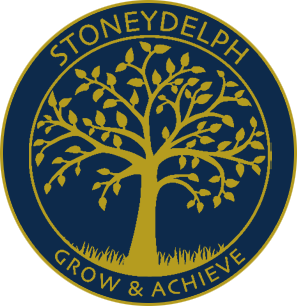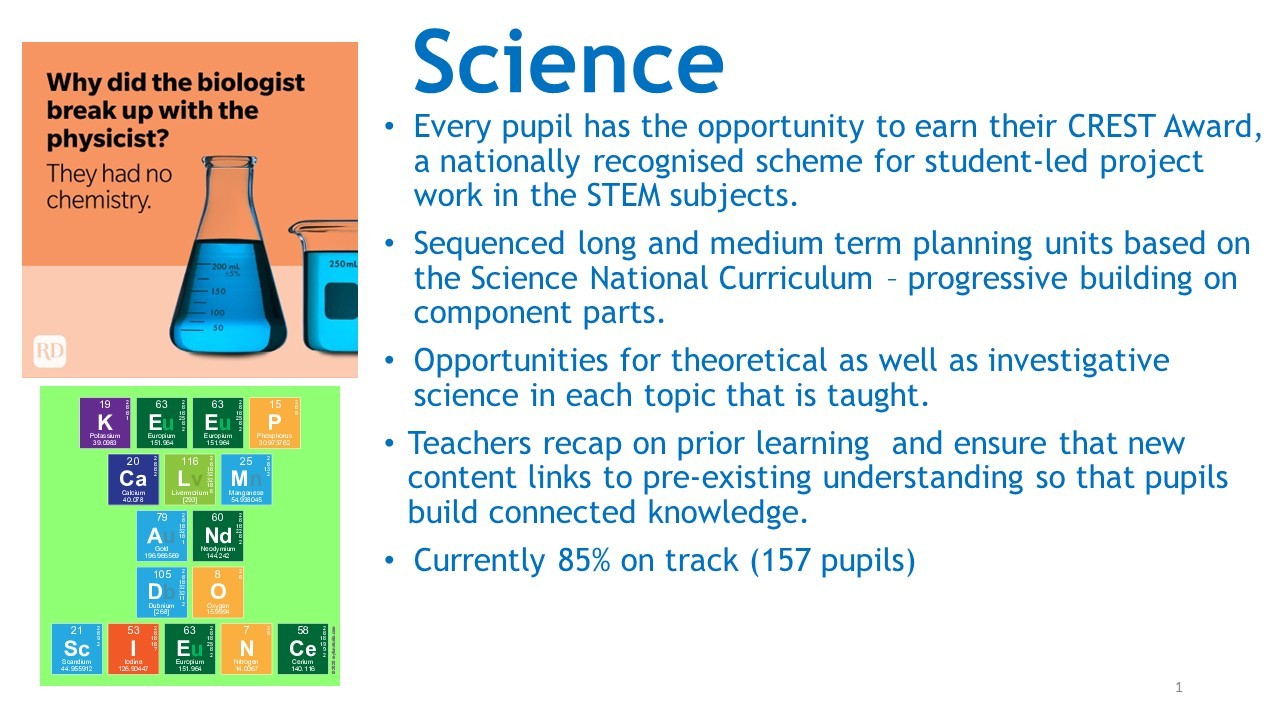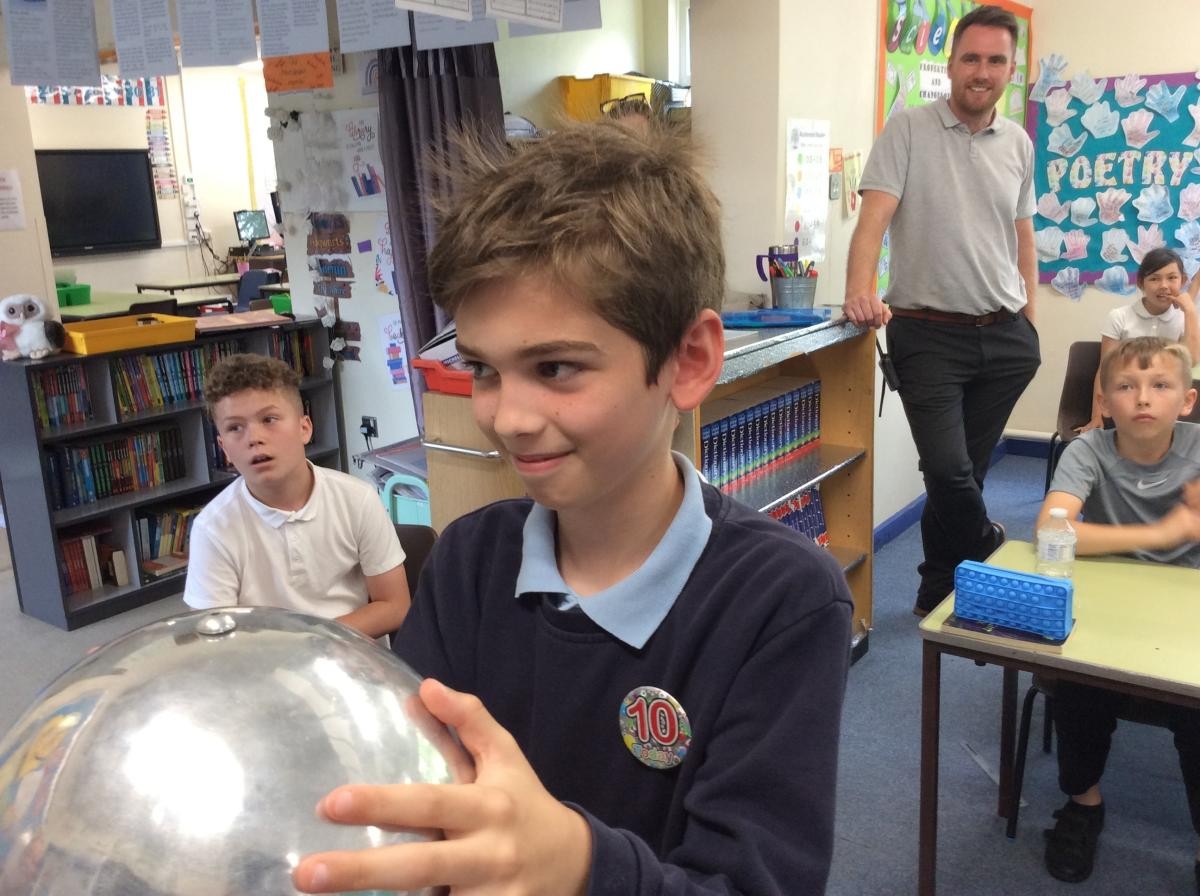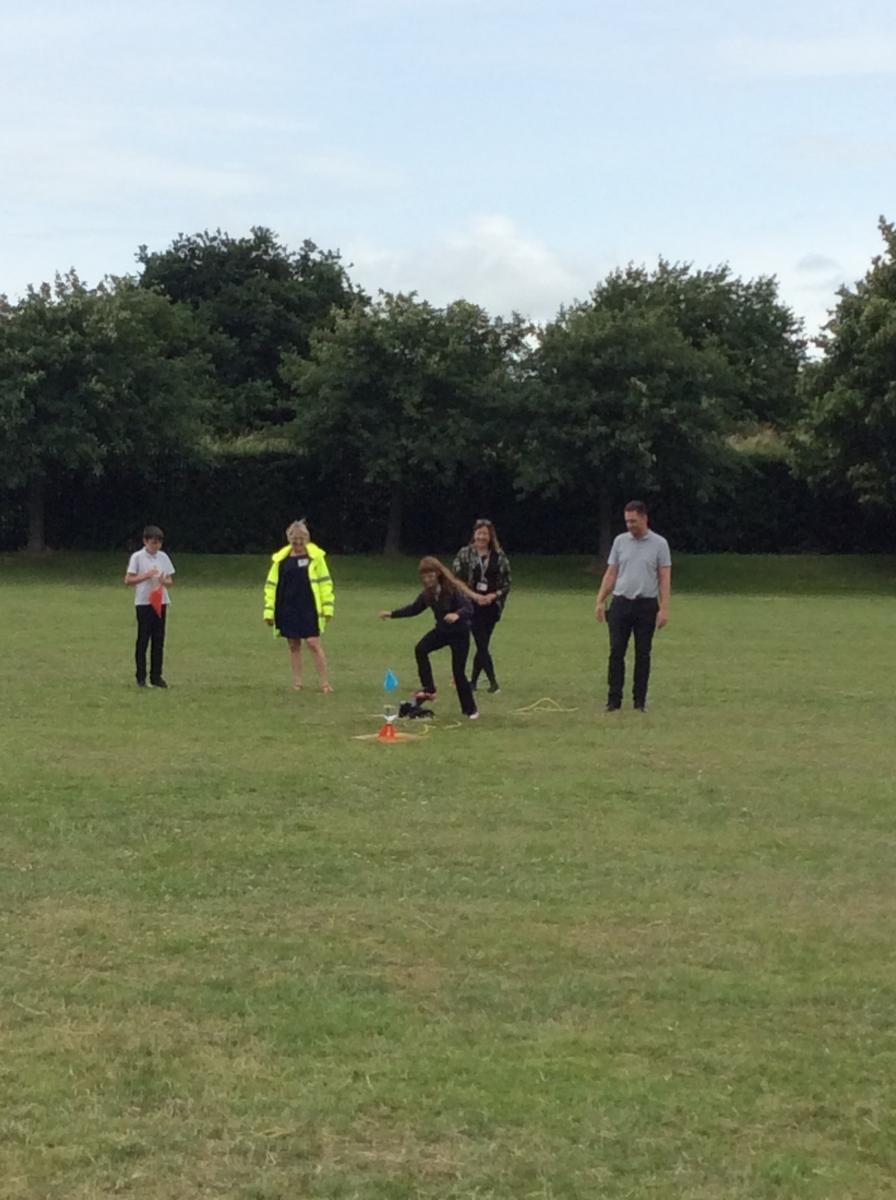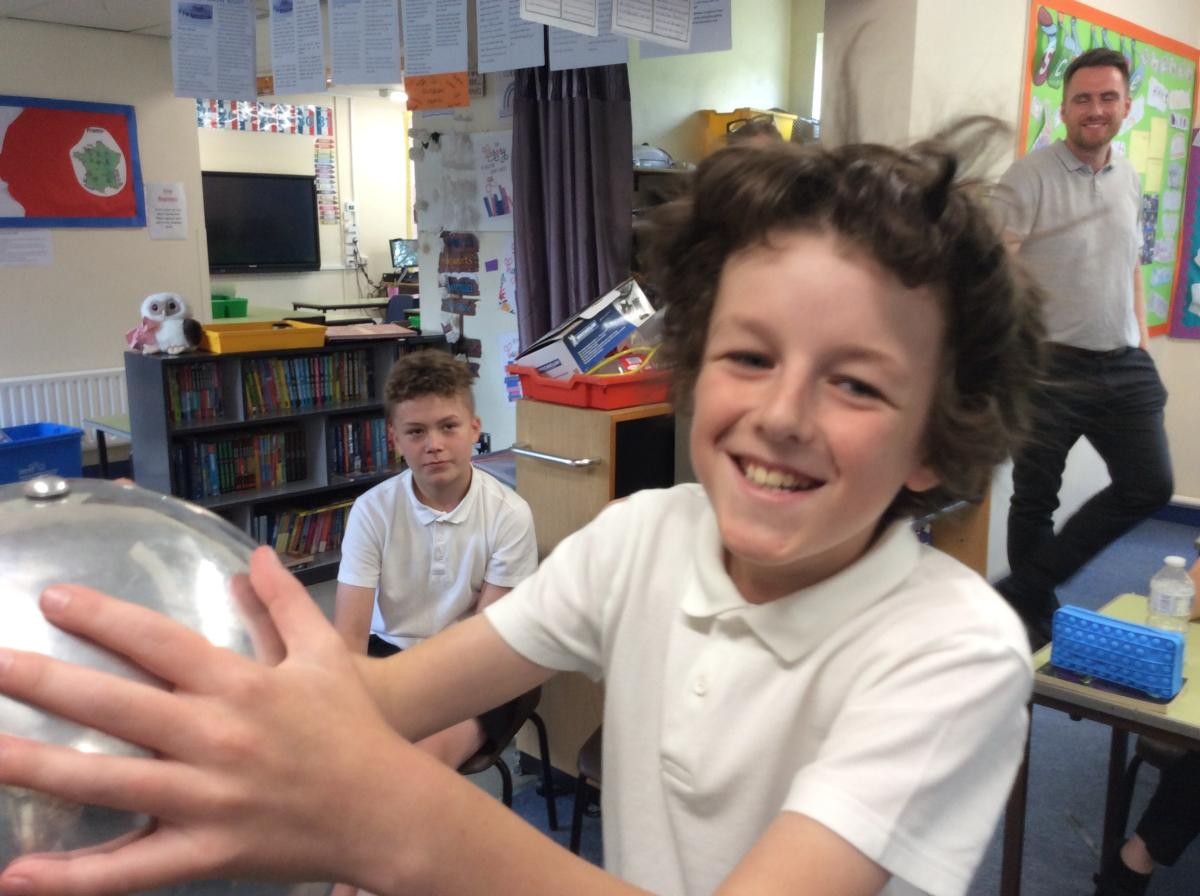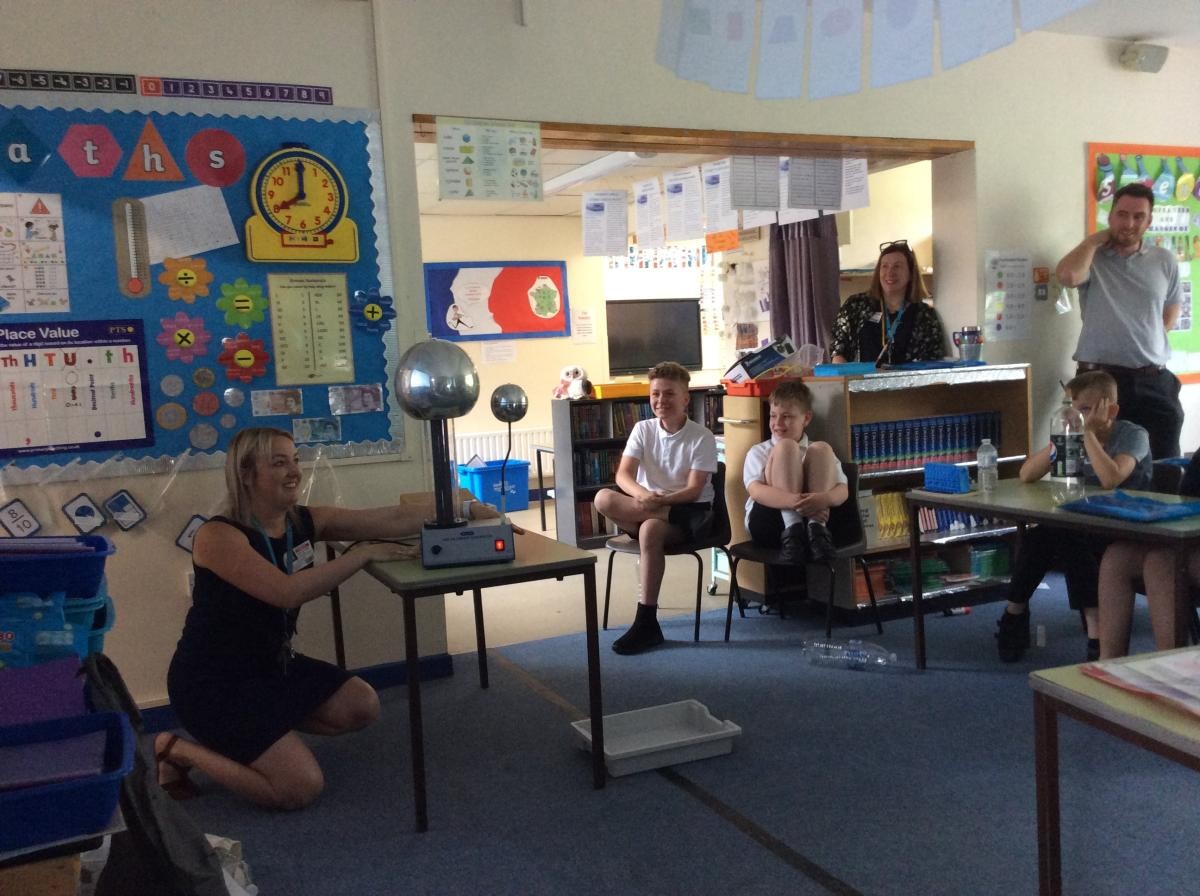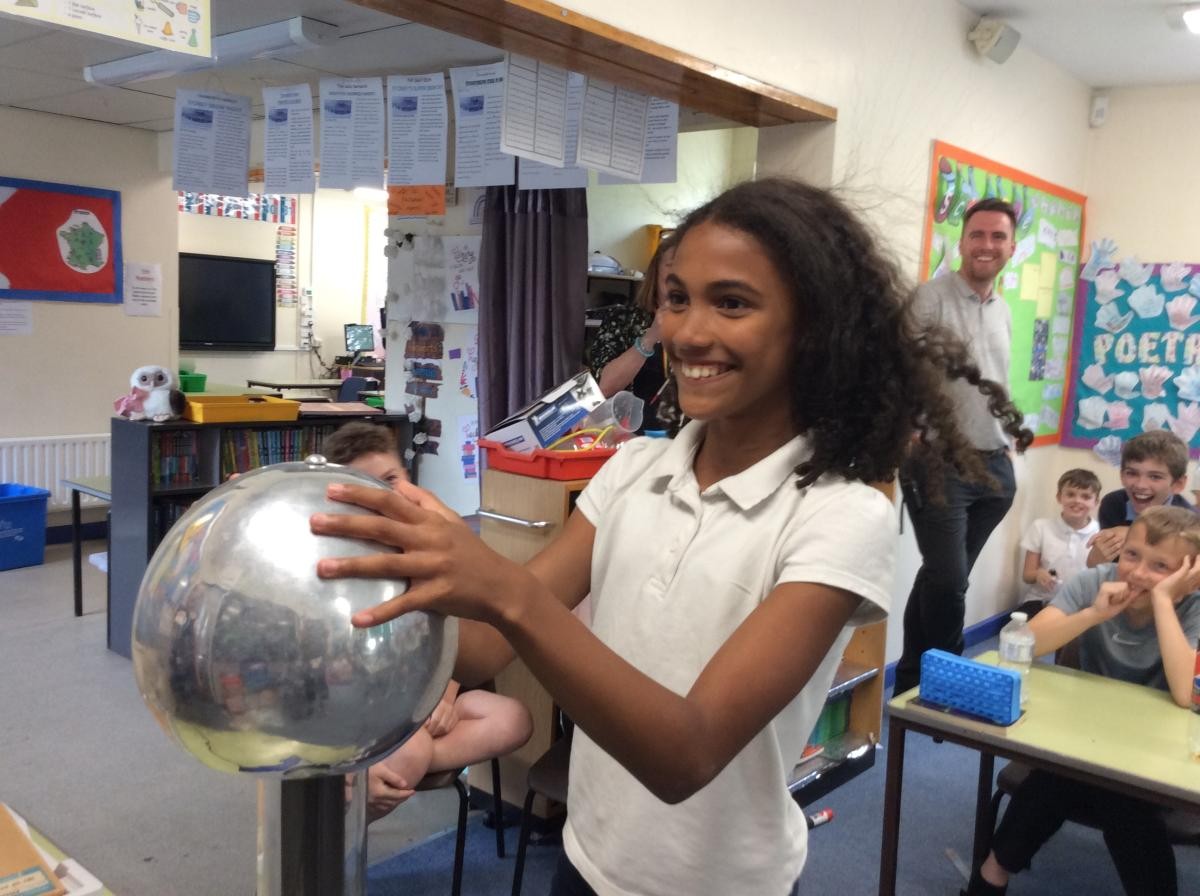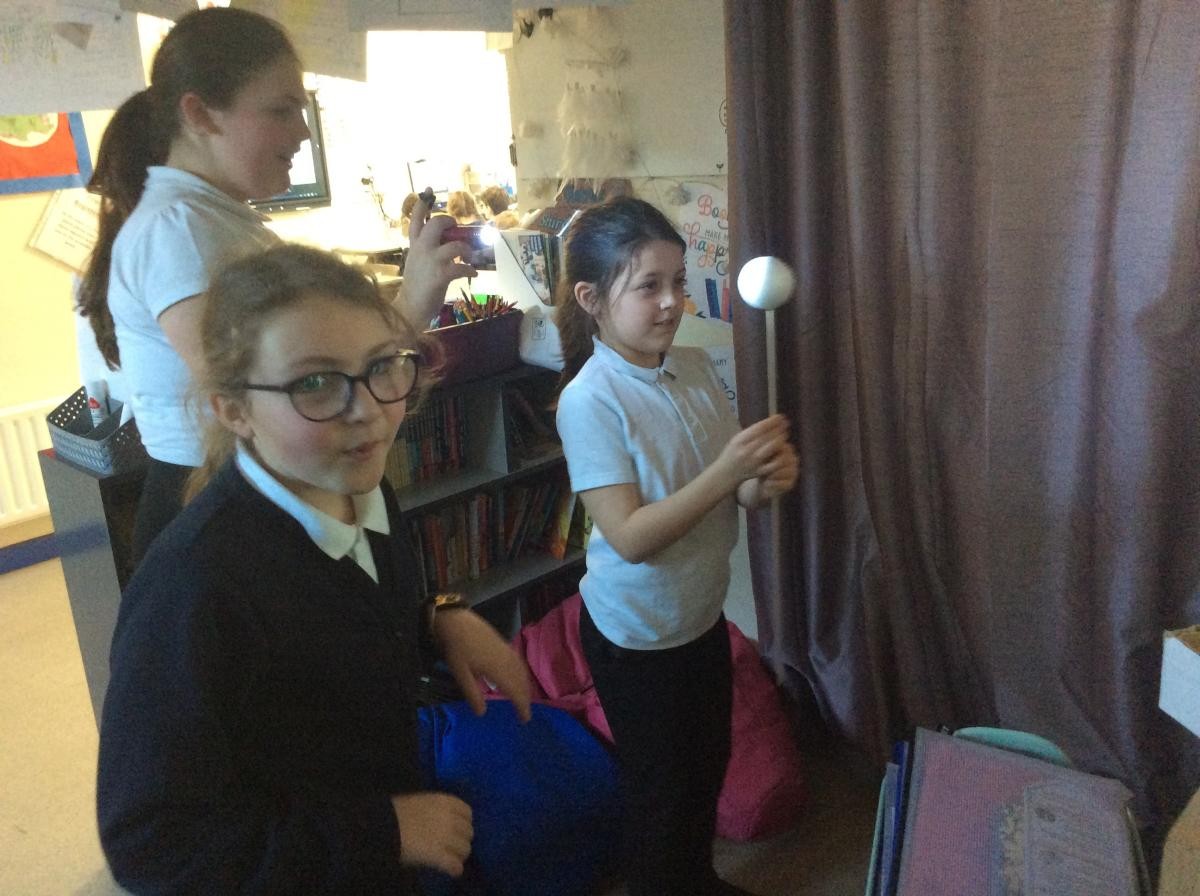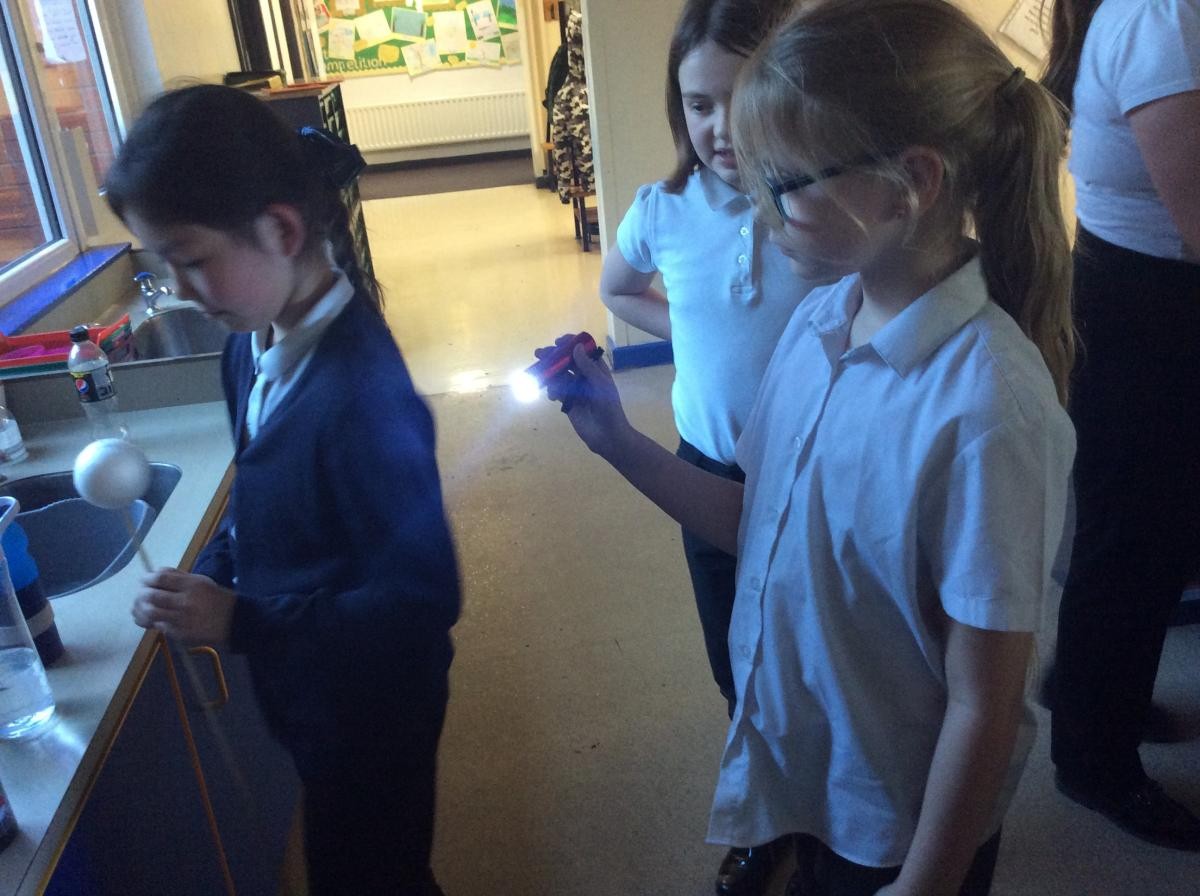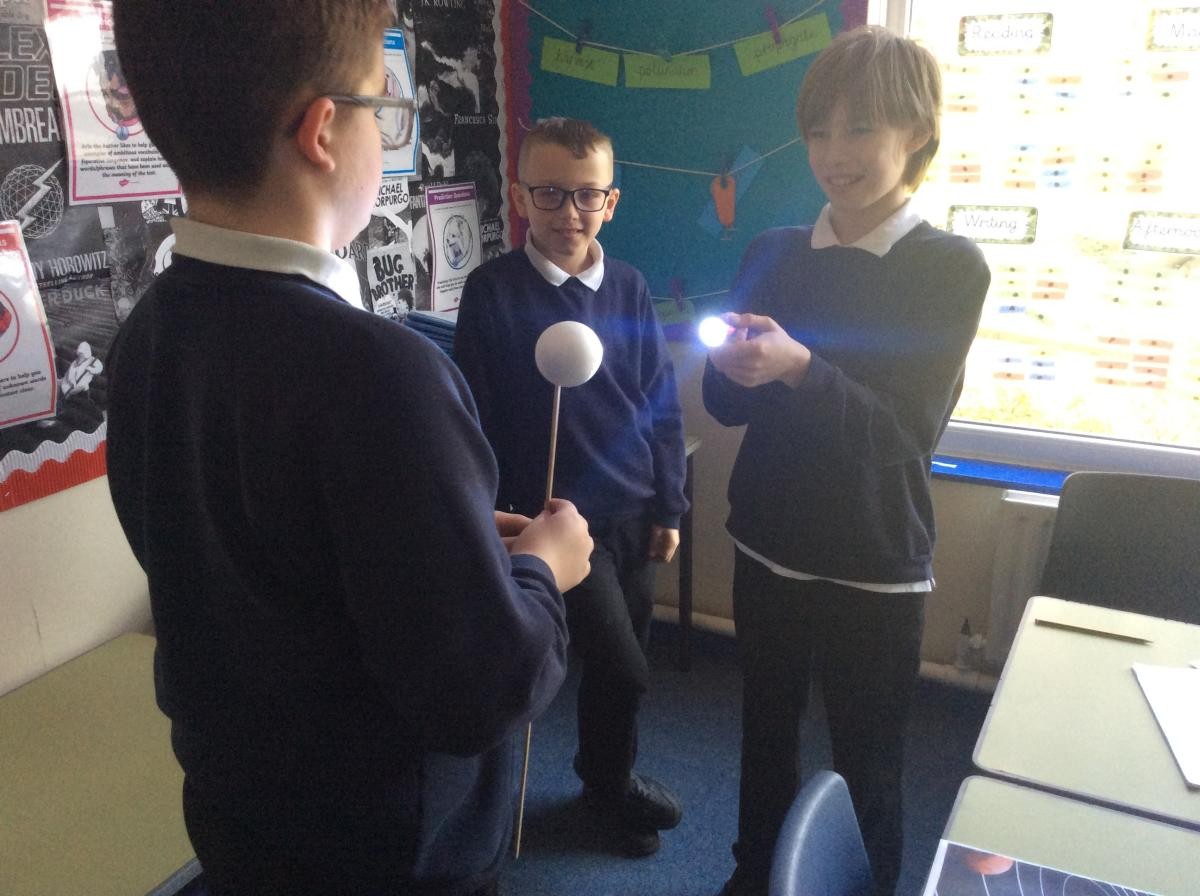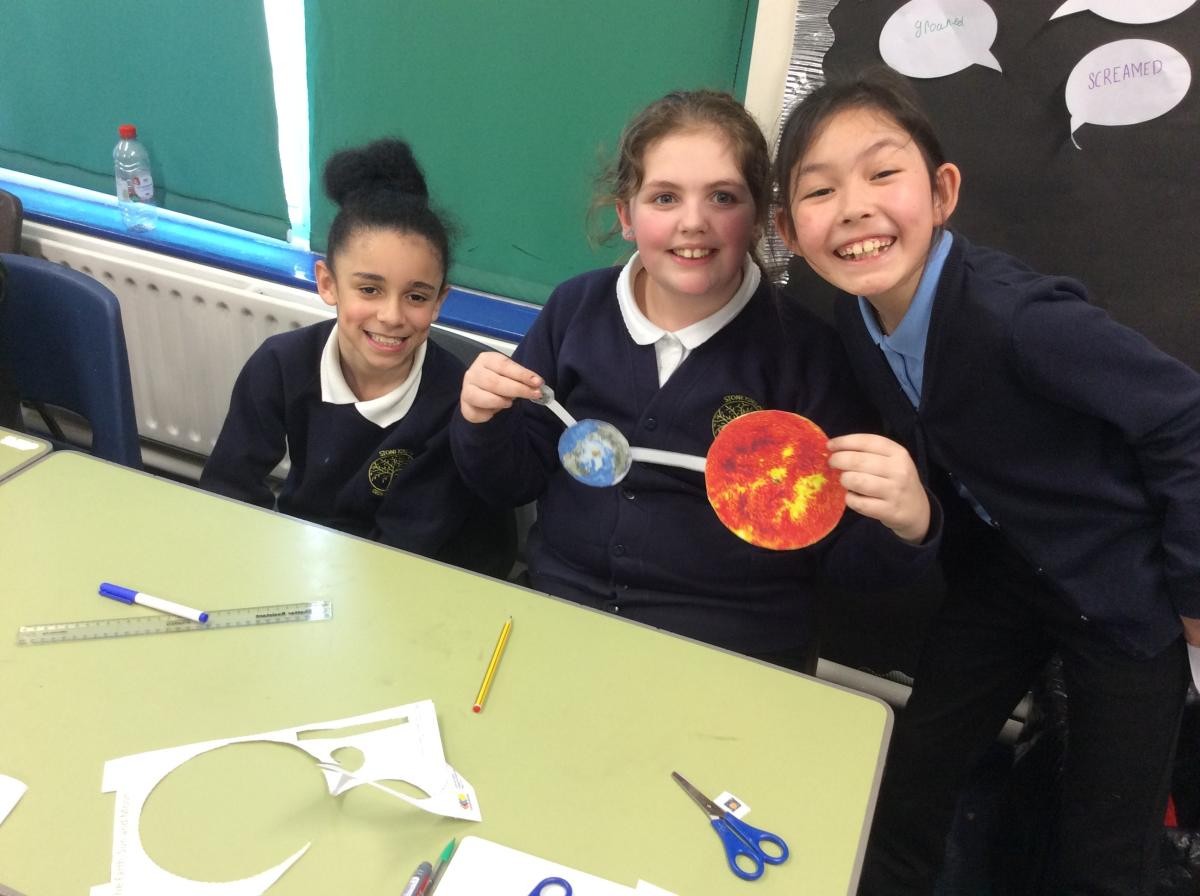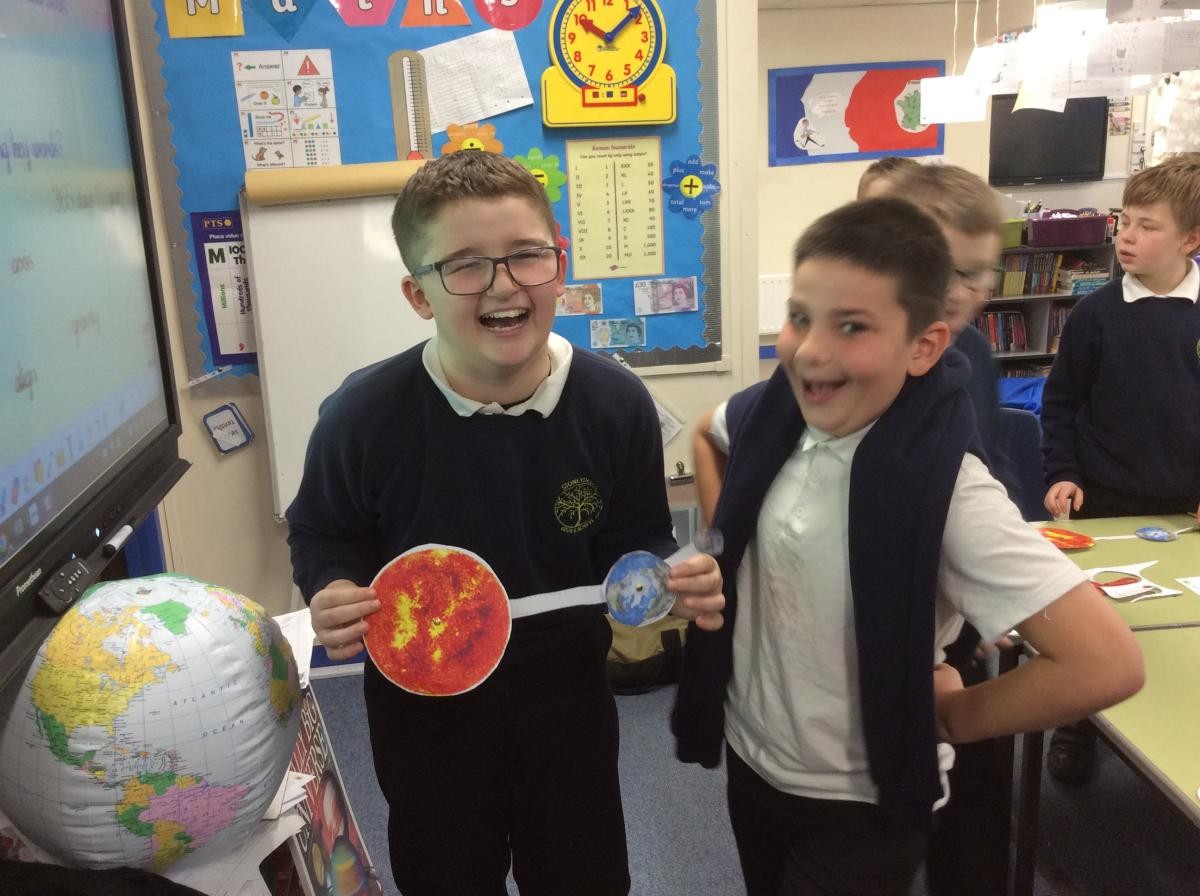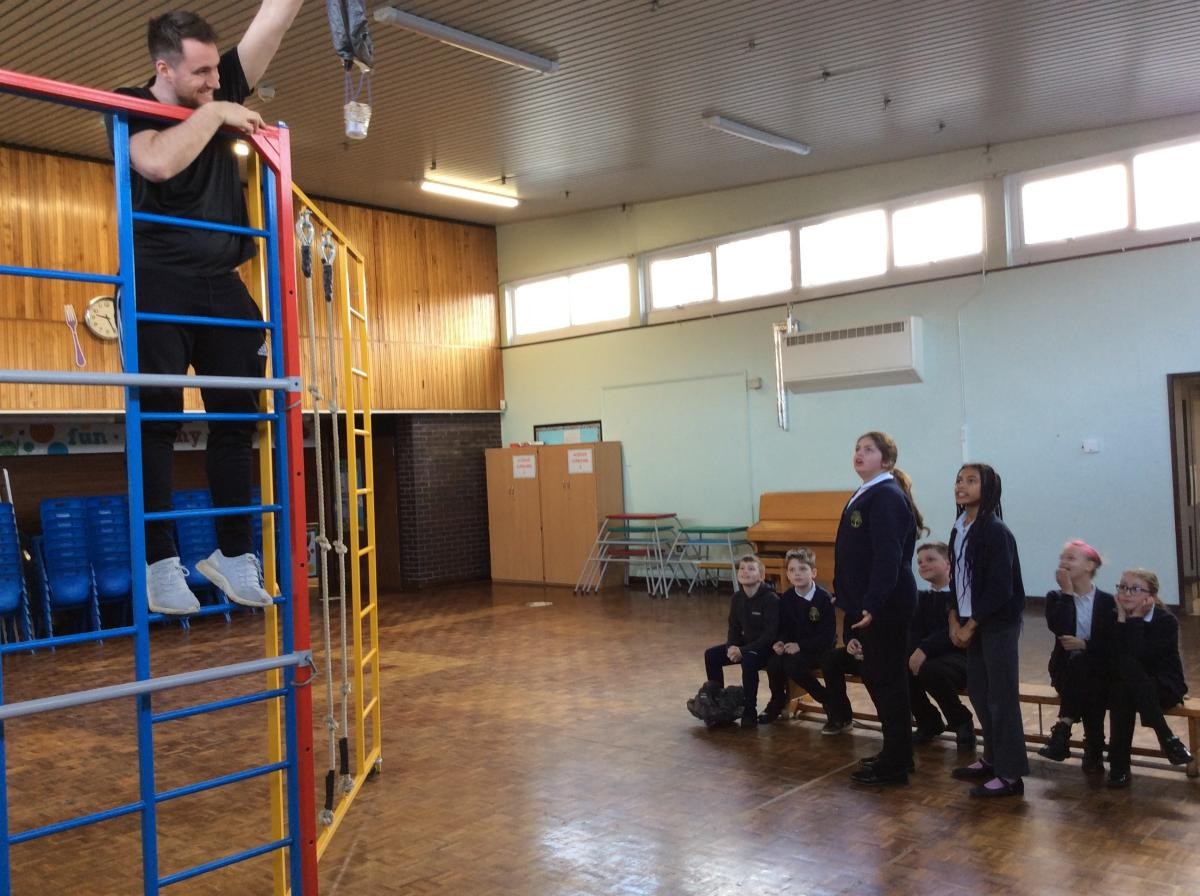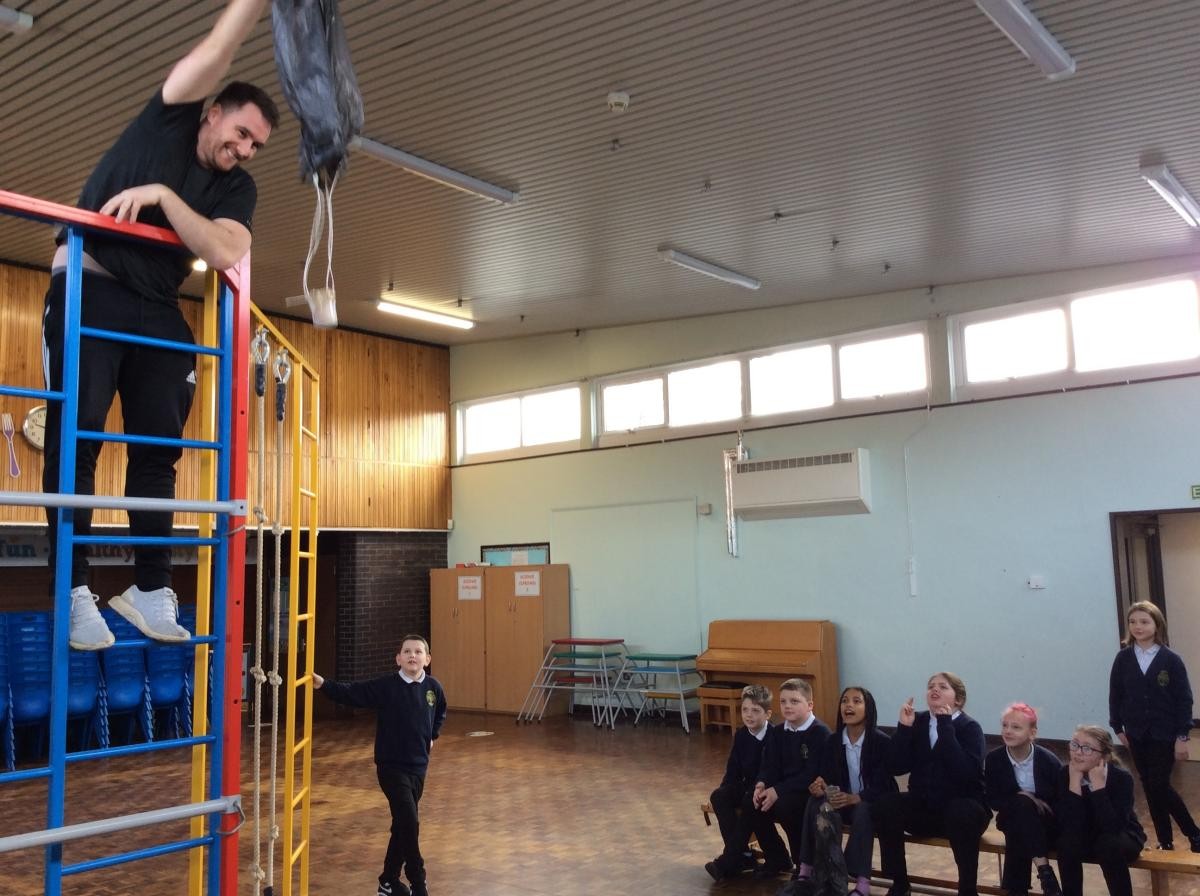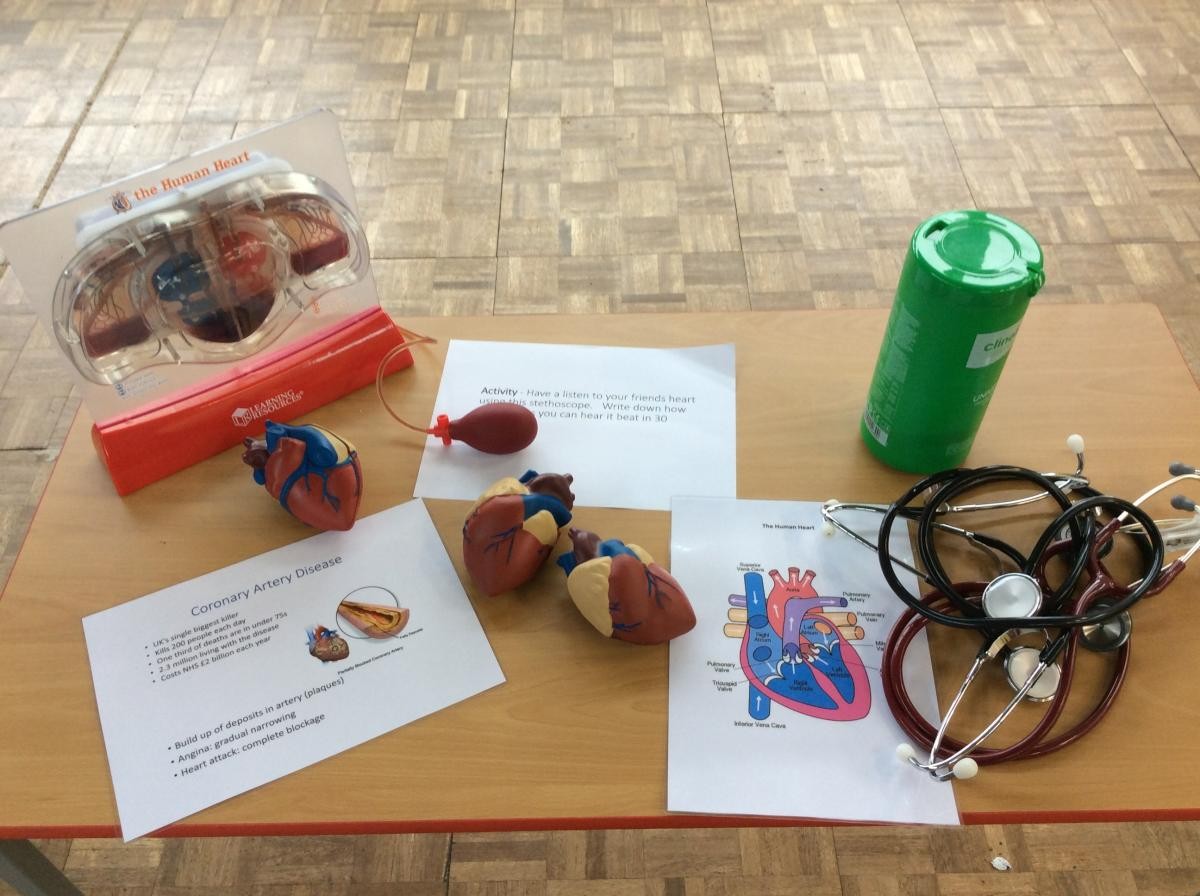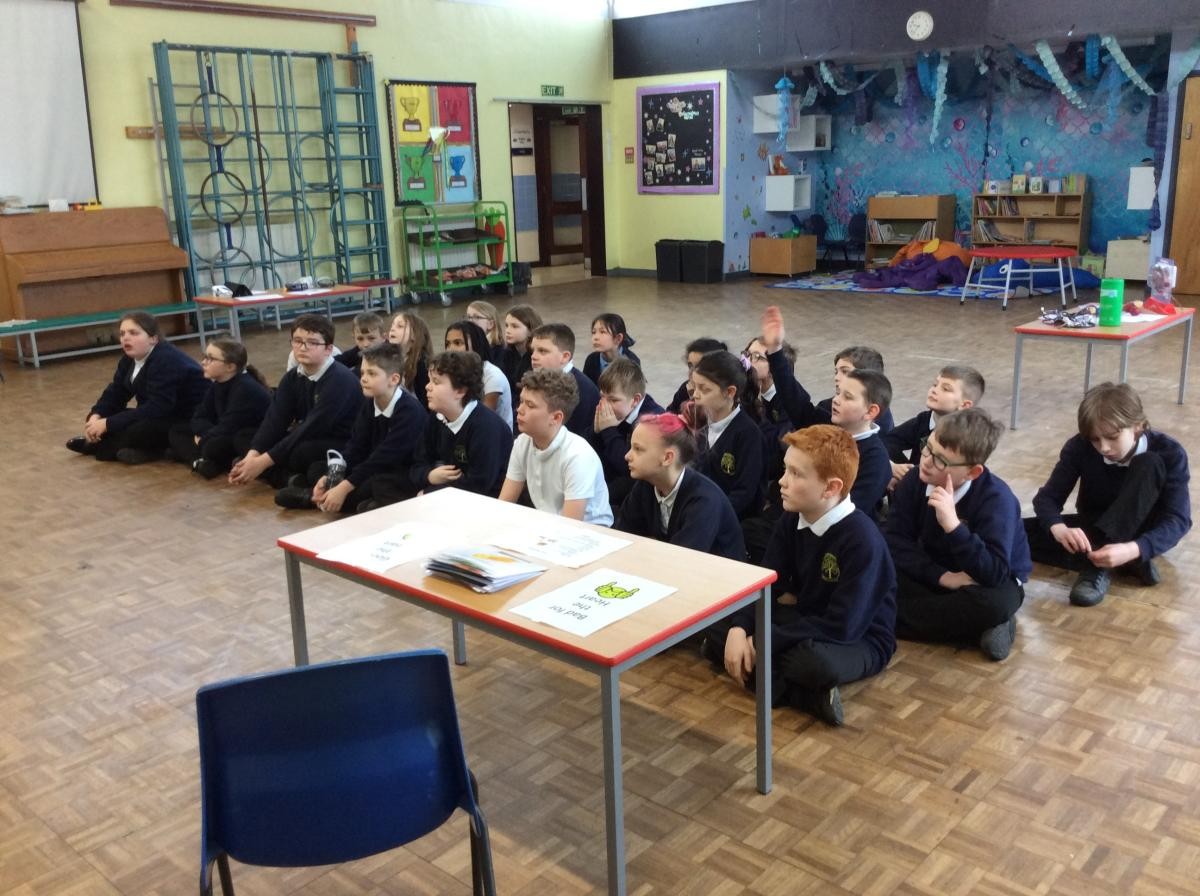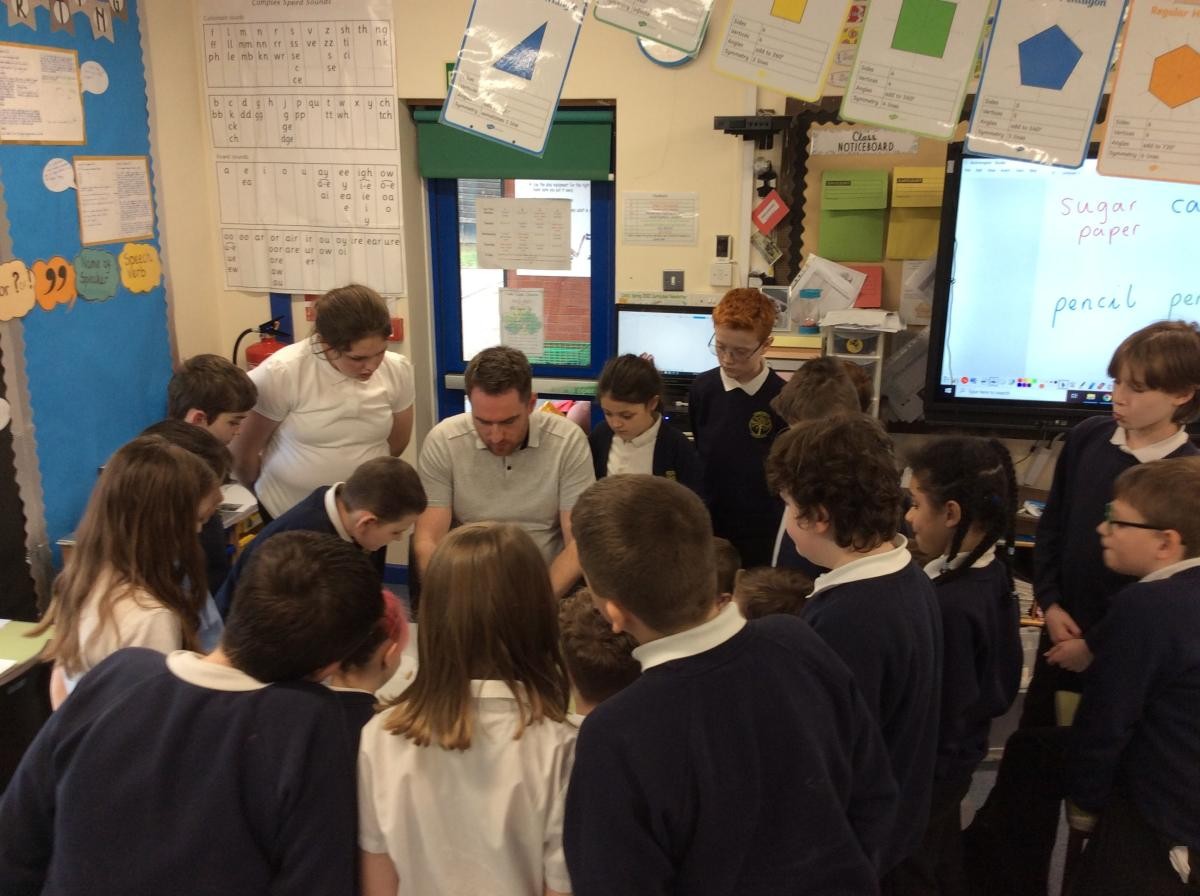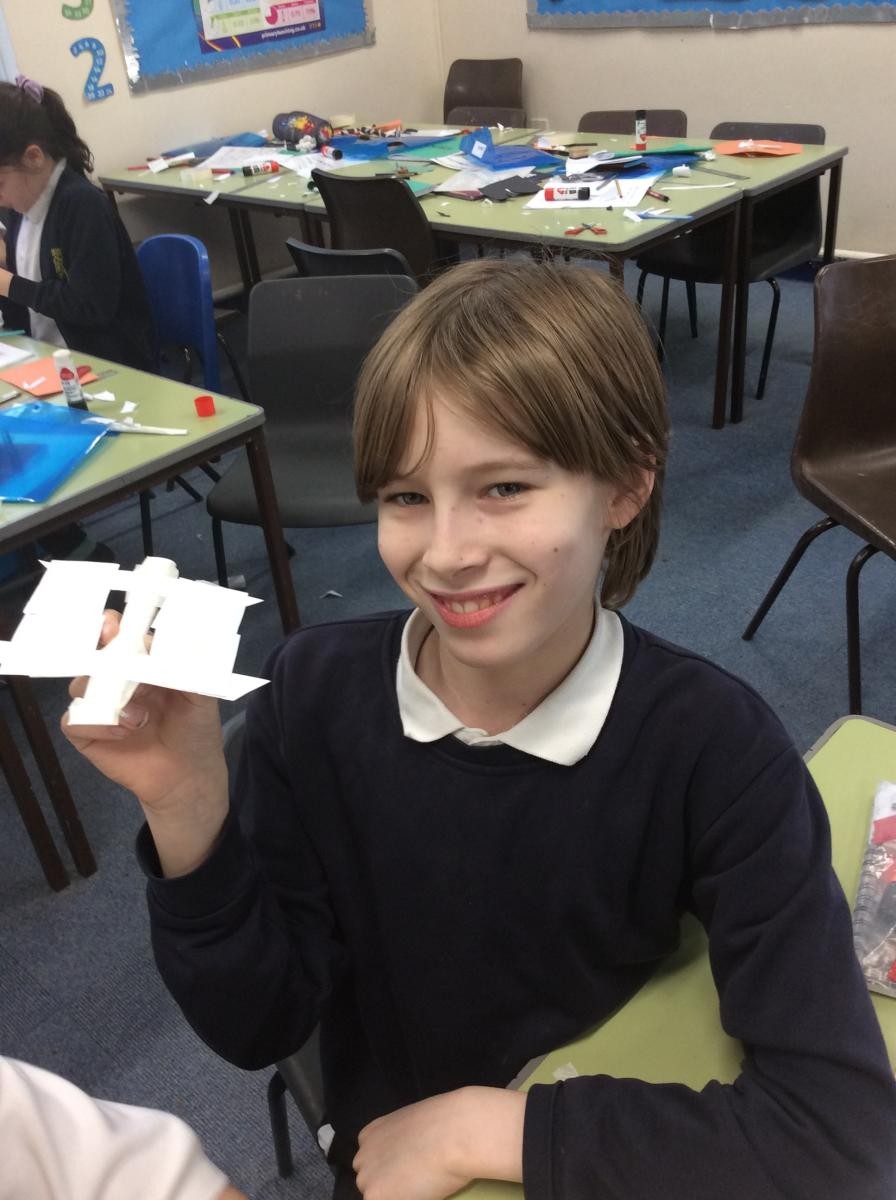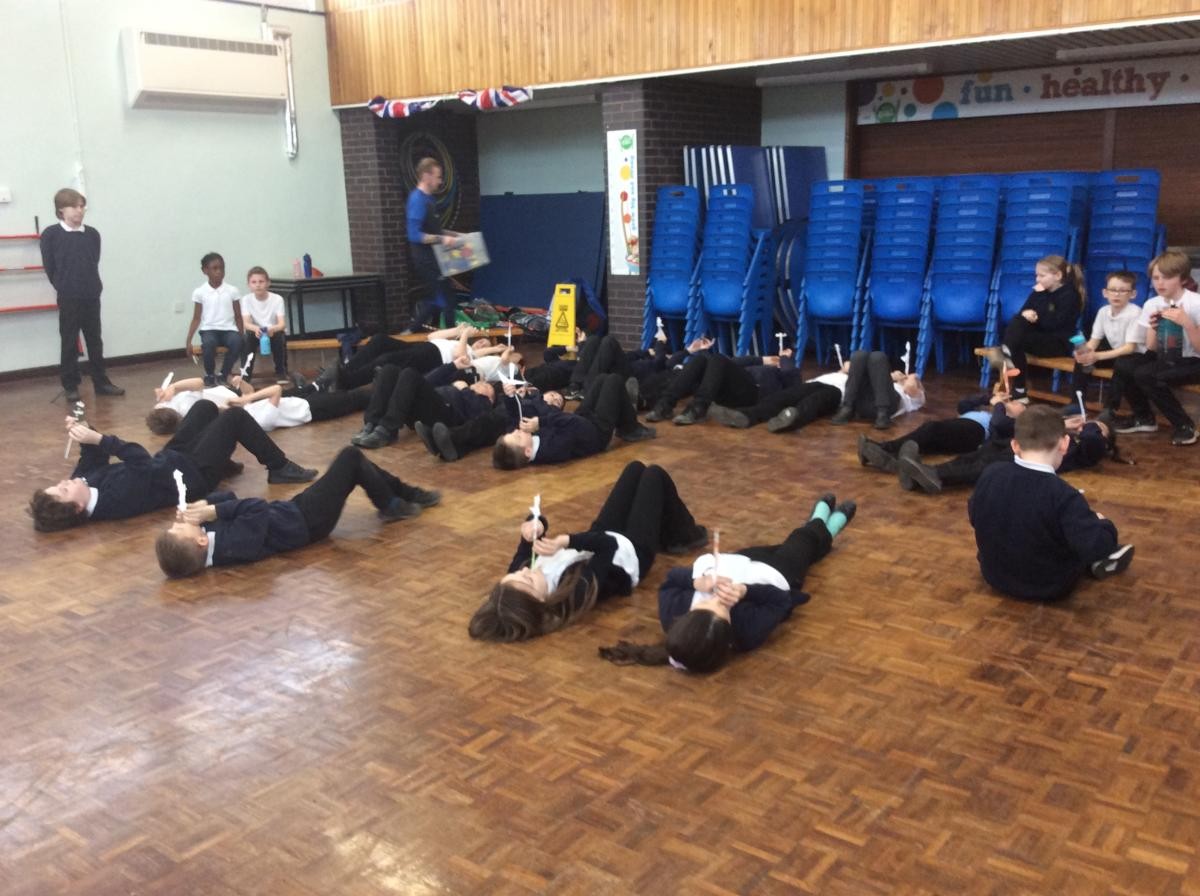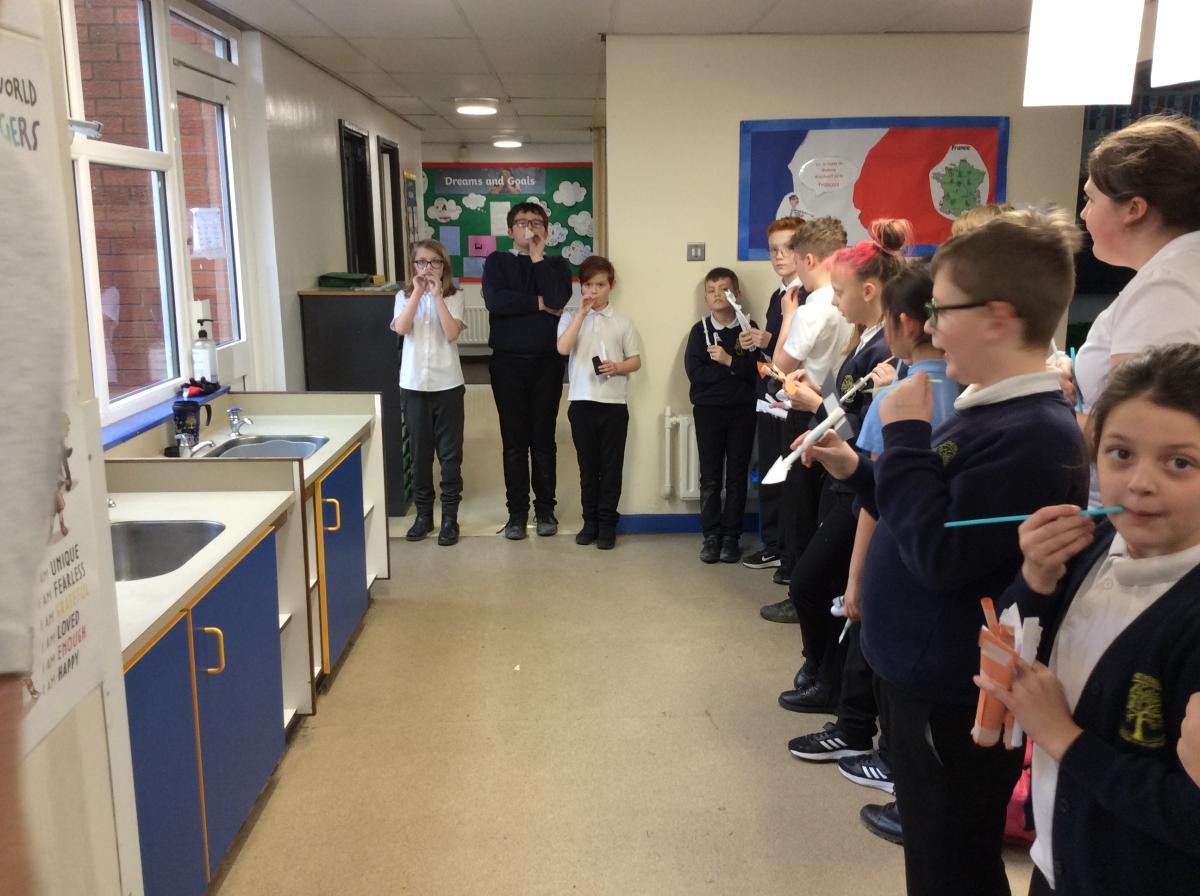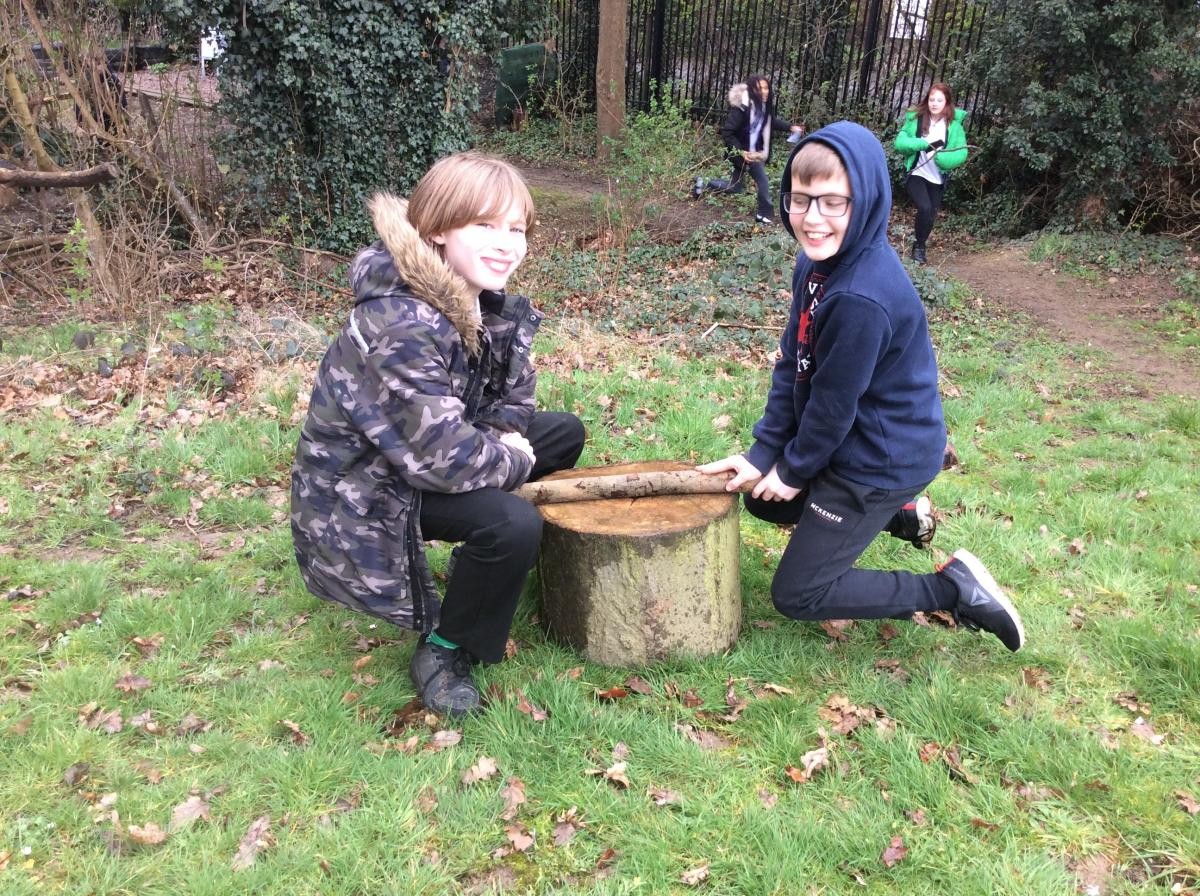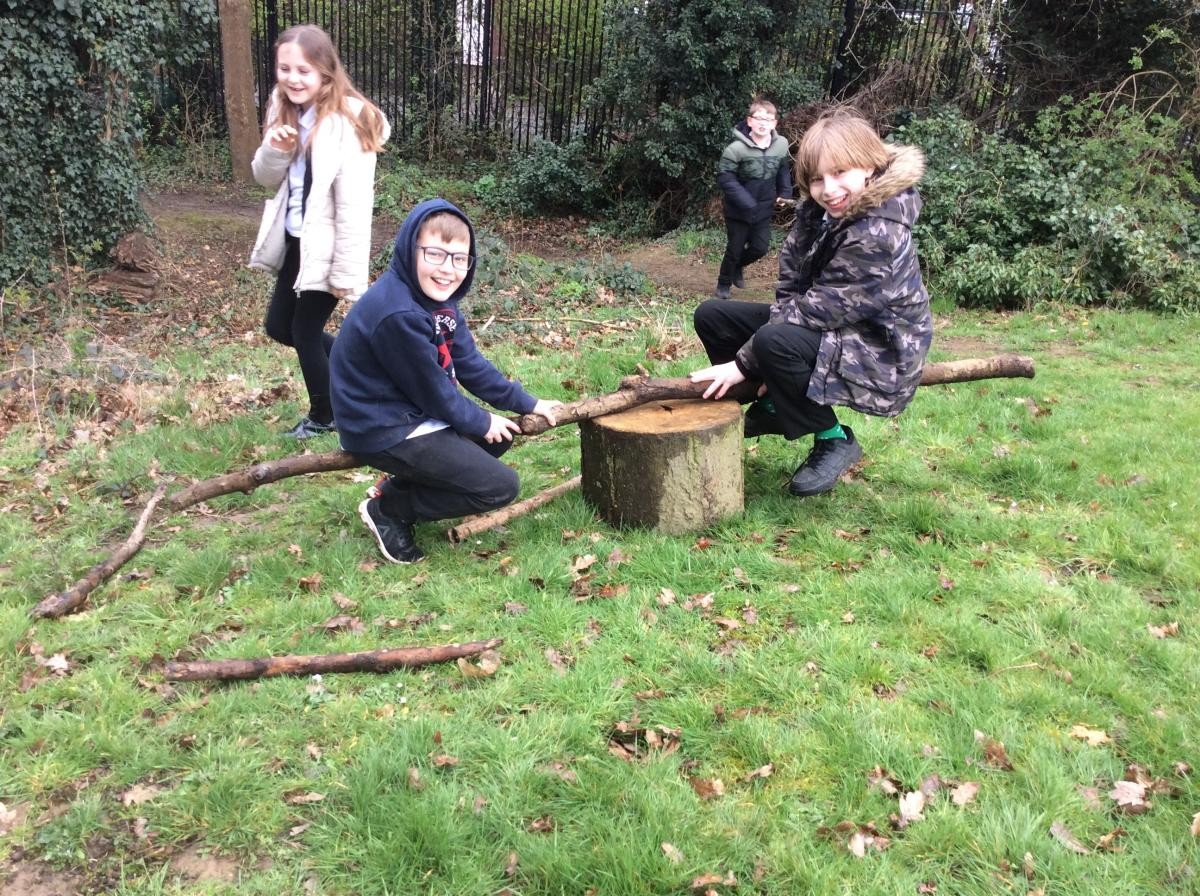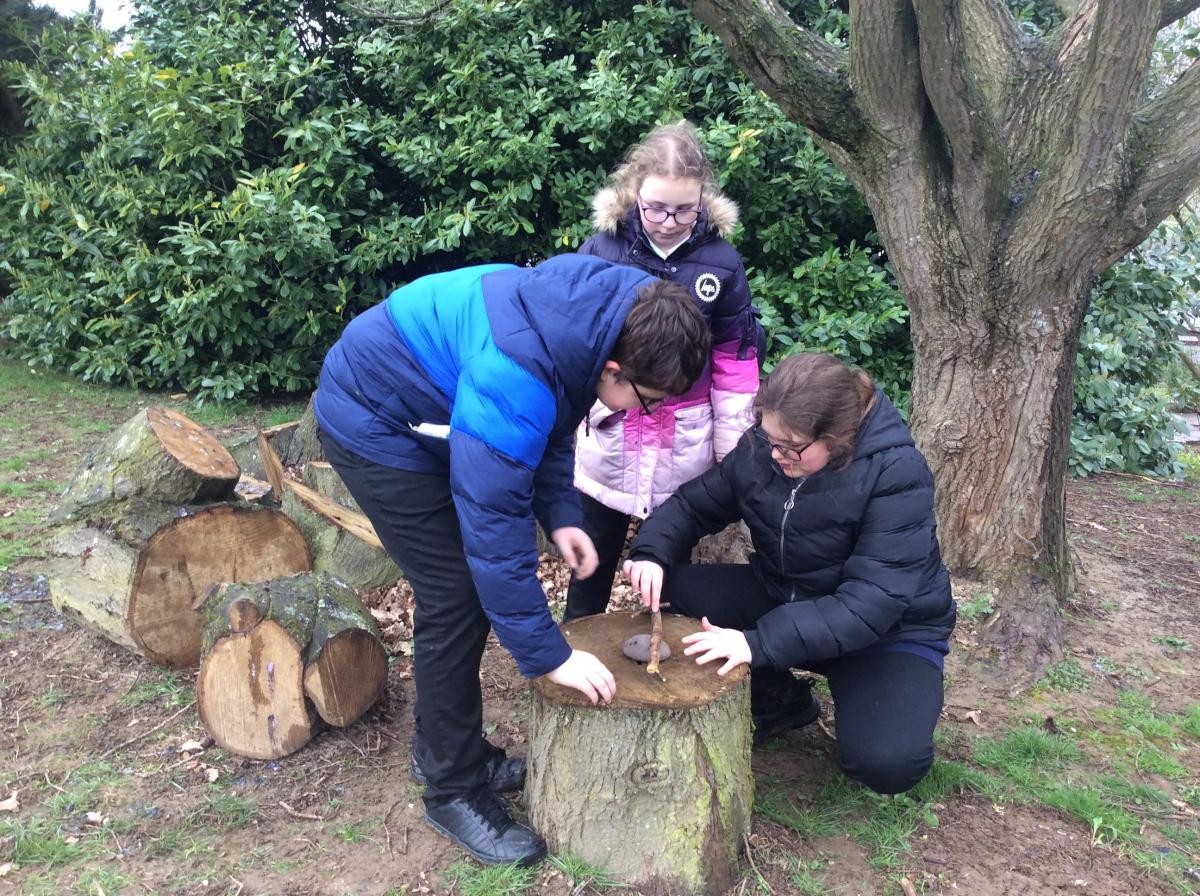Science Curriculum Intent
Science teaching at Stoneydelph Primary School aims to give all children a strong understanding of the world around them whilst acquiring specific skills and knowledge to help them to think scientifically, to gain an understanding of scientific processes and also an understanding of the uses and implications of Science within the wider world, their own experiences and to prepare and equip them for the world of today and tomorrow.
We seek to encourage and support all children to develop and foster a natural curiosity and enthusiasm to explore the world around them and to question and discuss their learning in an open and safe manner.
Science Impact Statement
Pupils are encouraged to explore the outdoors as part of Science; each class receives a Forest School session at least once during the school year, allowing all children the opportunity to learn about habitats, climate and seasons as well as animal and plant growth and nutrition.
In addition, we measure the impact of our curriculum through the following methods:
- A reflection on standards achieved against a progressive ‘essential skills’ ladder from Cornerstones;
- A carefully mapped Science curriculum which often interlinks with the wider curriculum;
- A celebration of learning during ‘British Science Weeks’ which demonstrates progression and a love of learning and curiosity across the school;
- Pupil discussions about their learning.
